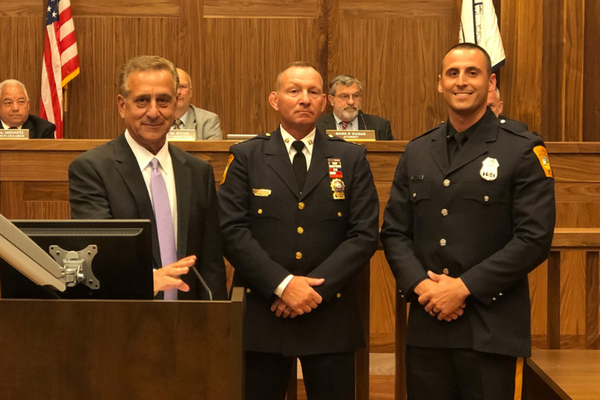
The US and UK have seized $15bn (£11.3bn) in bitcoin and frozen London properties owned by the alleged leaders of scam centres in Cambodia that trick victims around the world and torture their trafficked workers.
Two Chinese-born businessmen are among the six people hit by travel bans and sanctions that aim to tackle the growing threat of organised crime gangs carrying out online fraud globally on an industrial scale.
The US Department of Justice said on Tuesday that it had seized about 127,271 bitcoins, valued at $15bn, the proceeds of fraud and money laundering. It was the largest forfeiture action in the history of the department.
The frozen properties are thought to include a £12m mansion on Avenue Road, one of London’s most expensive addresses, a £95m office block on Fenchurch Street in the heart of the City of London’s financial district, and several flats in central London.
Cambodia has emerged as one of the main locations for scams targeting victims around the world, with buildings full of workers creating spurious investment opportunities – often in cryptocurrency – or fake romantic relationships in order to steal as much money as possible. That process of “fattening up” victims is often referred to as “pig butchering”.
The people carrying out the scams are also victims of the schemes, often being lured by the promise of well-paying work, only to find themselves enslaved in hellish conditions. People who have escaped scam centres have reported torture, including beatings and electrocutions carried out in specialised torture chambers. The death of a South Korean student tricked into one of the centres has caused a huge outcry in his home country.
The Cambodian government has been accused by Amnesty International of complicity in the scams and torture of workers through its inaction, leaving foreign governments with few tools to fight the organised crime leaders. However, during 18 months of investigations, the UK’s Foreign Office and the US Office of Foreign Assets Control identified several British assets belonging to the alleged ringleaders.
The alleged leaders include Chen Zhi, born in China in 1987, the chair of the Prince Group. Chen’s rapid ascent to wealth has won him significant political influence, including reported advisory roles to Cambodia’s prime minister. Chen is thought to have also bought citizenship in Cyprus and Vanuatu.
However, much of his wealth has been used in the UK, or is held through companies in the British Virgin Islands, a British overseas territory. The London mansion, which Chen is thought to have bought in 2019, has marble floors and walnut-panelled walls, seven bedrooms, plus another three for staff, a cinema, a gym, a swimming pool, and an underground garage with a car lift, according to marketing material.
Chen and his associates used their earnings to buy watches, yachts, private jets, holiday homes, high-end collectibles and rare artwork, including a Picasso painting bought through an auction house in New York City, the US justice department said.
The Prince Group, which also owns casinos, property developments and a commercial bank, is one of the companies hit by the sanctions, which will shut them out of the financial system of the US, UK and many allies. Other affected businesses include: Jin Bei Group, which owns properties such as a seven-storey hotel and casino in the Cambodian tourist hub of Sihanoukville; Golden Fortune Resorts World, which runs a scam compound on the outskirts of Phnom Penh, Cambodia’s capital; and Byex Exchange, a cryptocurrency platform.
Workers at the Golden Fortune science and technology park are forced to carry out cyber-scams behind 3-metre-high walls topped with barbed wire, and face beatings if they try to escape, according to reports by Radio Free Asia.
Yvette Cooper, the UK foreign secretary, said: “The masterminds behind these horrific scam centres are ruining the lives of vulnerable people and buying up London homes to store their money.
“Together with our US allies, we are taking decisive action to combat the growing transnational threat posed by this network – upholding human rights, protecting British nationals and keeping dirty money off our streets.”
The UK sanctions were coordinated with the US sanctions.







